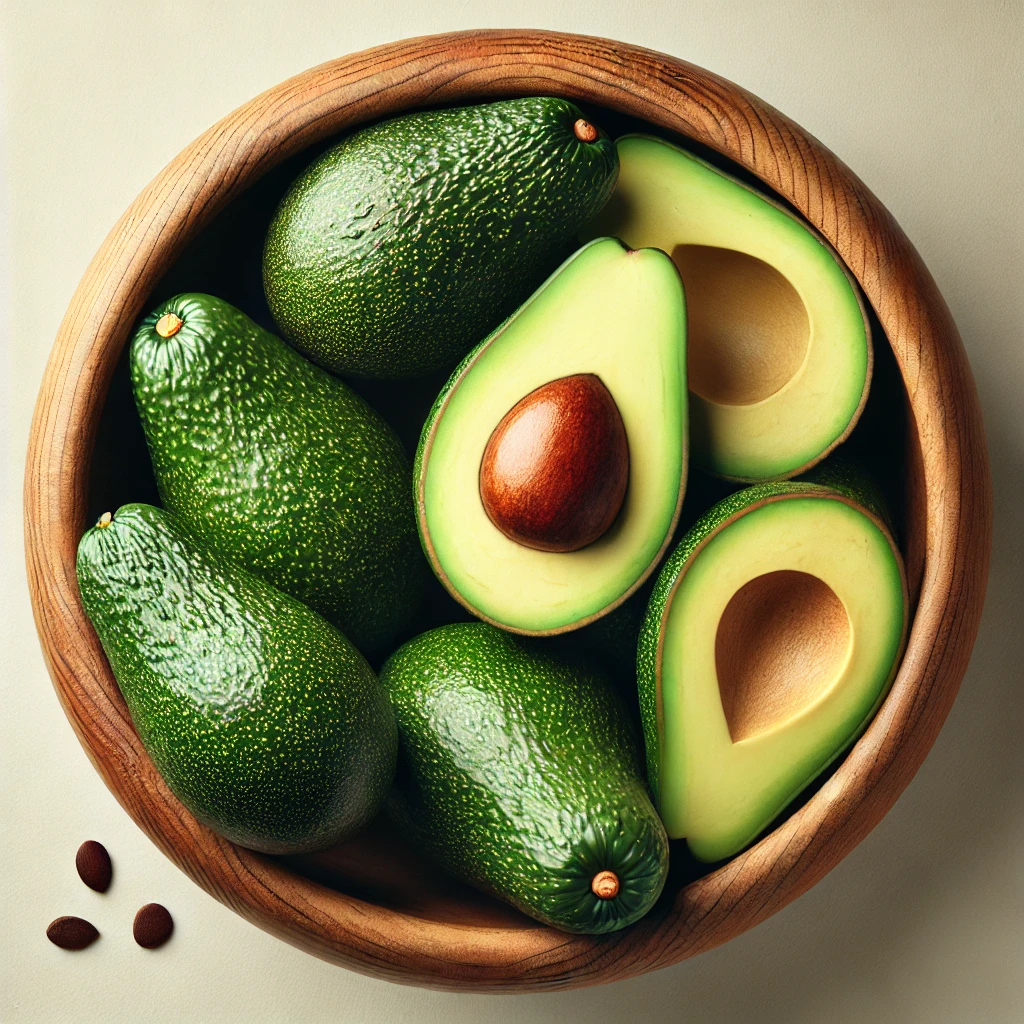The Health Benefits of Kale: A Nutrient-Dense Superfood
Kale, often hailed as a superfood, is a leafy green vegetable that has gained immense popularity in recent years due to its impressive nutritional profile and numerous health benefits. This versatile vegetable belongs to the Brassica family, which includes other nutrient-packed vegetables like broccoli, cauliflower, and Brussels sprouts. In this article, we will explore the various health benefits of kale, its nutritional content, and why incorporating kale into your diet can significantly enhance your overall well-being.
The Nutritional Profile of Kale
Kale is exceptionally nutrient-dense, offering a wide range of vitamins, minerals, and antioxidants in a low-calorie package. A single cup of raw kale (about 67 grams) provides:
- Calories: 33
- Protein: 2.9 grams
- Fat: 0.6 grams
- Carbohydrates: 6 grams
- Dietary Fiber: 1.3 grams
- Vitamin A: 206% of the Daily Value (DV)
- Vitamin K: 684% of the DV
- Vitamin C: 134% of the DV
- Vitamin B6: 9% of the DV
- Calcium: 9% of the DV
- Potassium: 9% of the DV
- Magnesium: 6% of the DV
In addition to these essential nutrients, kale contains small amounts of iron, folate, and phosphorus. It is also rich in antioxidants like beta-carotene, flavonoids, and polyphenols.
Health Benefits of Kale
- Rich in Antioxidants
Kale is packed with powerful antioxidants, including quercetin and kaempferol, which help combat oxidative stress by neutralizing harmful free radicals in the body. These antioxidants play a crucial role in reducing inflammation and lowering the risk of chronic diseases such as heart disease, cancer, and diabetes.
- Supports Heart Health
The high levels of antioxidants, fiber, potassium, and omega-3 fatty acids in kale contribute to improved heart health. Potassium helps regulate blood pressure, while fiber aids in lowering cholesterol levels. Regular consumption of kale can reduce the risk of cardiovascular diseases by improving overall heart function.
- Aids in Weight Management
Kale is low in calories and high in fiber, making it an excellent choice for those looking to manage their weight. The fiber content promotes a feeling of fullness, reducing overall calorie intake. Additionally, kale is a nutrient-dense food, meaning it provides a high amount of nutrients for a relatively low number of calories.
- Boosts Immune System
Kale is an excellent source of vitamin C, which is essential for a healthy immune system. Vitamin C stimulates the production of white blood cells, which are vital for fighting infections. Regular consumption of kale can help strengthen the immune system and reduce the duration of common illnesses like the cold and flu.
- Supports Bone Health
Kale is one of the best plant-based sources of calcium, which is essential for maintaining strong and healthy bones. It also contains vitamin K, which plays a critical role in bone metabolism and helps prevent osteoporosis. Consuming kale regularly can contribute to better bone density and overall skeletal health.
- Promotes Healthy Skin and Hair
The high levels of vitamins A and C in kale are beneficial for skin and hair health. Vitamin A is essential for the maintenance and repair of skin tissues, while vitamin C aids in collagen production, which keeps the skin firm and elastic. The antioxidants in kale also help protect the skin from damage caused by UV rays and pollution.
- Detoxifies the Body
Kale contains sulfur compounds, which are known for their detoxifying properties. These compounds help support the liver’s natural detoxification process by promoting the elimination of toxins from the body. Incorporating kale into your diet can help cleanse your system and improve overall health.
- Regulates Blood Sugar Levels
The fiber and antioxidants in kale help regulate blood sugar levels, making it a suitable food for people with diabetes or those at risk of developing the condition. Fiber slows down the digestion and absorption of carbohydrates, preventing rapid spikes in blood glucose levels.
- Improves Digestion
Kale is rich in fiber, which is essential for maintaining a healthy digestive system. Fiber adds bulk to the stool, promoting regular bowel movements and preventing constipation. The antioxidants in kale also support gut health by promoting the growth of beneficial bacteria in the digestive tract.
- May Reduce the Risk of Cancer
The antioxidants and anti-inflammatory compounds in kale have been shown to have anti-cancer properties. Studies suggest that regular consumption of kale may help reduce the risk of certain types of cancer, including breast, colon, and prostate cancer. The high levels of glucosinolates in kale also play a role in detoxifying the body and protecting against cancer.
How to Incorporate Kale into Your Diet
Kale is a versatile vegetable that can be enjoyed in a variety of ways. Here are some tips for incorporating more kale into your daily diet:
- Salads: Add raw kale to your salads for a nutritious and crunchy addition. Massage the leaves with a bit of olive oil and lemon juice to soften them and enhance their flavor.
- Smoothies: Blend kale into your smoothies for a nutrient boost. Combine with fruits like bananas, berries, and mangoes for a delicious and healthy drink.
- Soups and Stews: Add chopped kale to soups and stews for added nutrition and texture. Kale pairs well with beans, lentils, and a variety of vegetables.
- Stir-Fries: Incorporate kale into your stir-fries for a quick and easy way to enjoy this superfood. Sauté with garlic, onions, and other vegetables for a flavorful dish.
- Chips: Make kale chips by tossing kale leaves with a bit of olive oil and salt, then baking them until crispy. Kale chips are a healthy and delicious alternative to traditional potato chips.
- Pasta and Grain Dishes: Add kale to pasta dishes, risottos, and grain bowls for an extra dose of vitamins and minerals. Kale complements a wide range of flavors and ingredients.
- Pesto: Make kale pesto by blending kale with garlic, nuts, olive oil, and Parmesan cheese. Use it as a spread for sandwiches or a sauce for pasta.
Conclusion
Kale is a nutrient-dense superfood that offers a wide range of health benefits. From supporting heart health and weight management to boosting the immune system and promoting healthy skin and hair, kale is a versatile and delicious addition to any diet. By incorporating kale into your daily routine, you can enjoy its numerous health benefits and improve your overall well-being.




